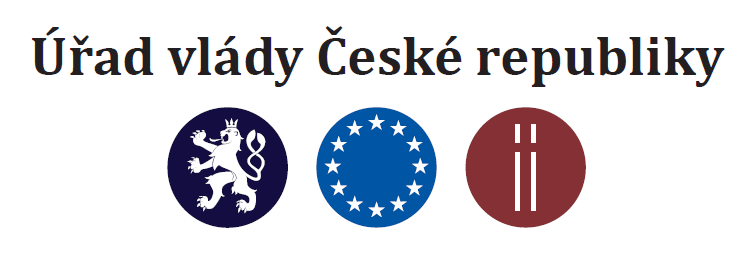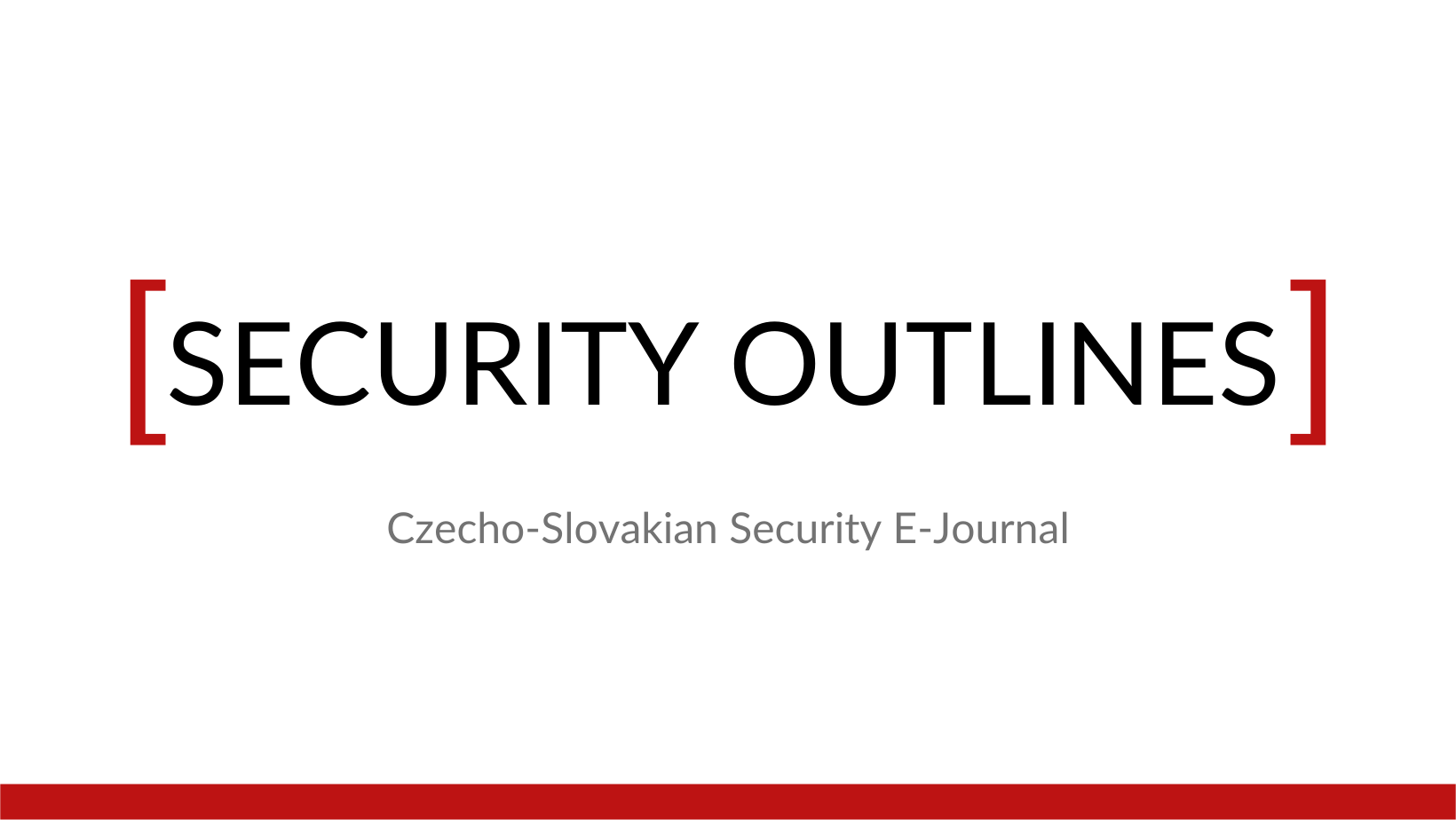Digital Social Science
Digital Social Science
The Digital Social Science study program (DiSS) is a joint program of the Faculty of Social Sciences (FSV), the Faculty of Law (PF) and the Faculty of Arts (FF). The program will be accredited jointly by these faculties, with the Faculty of Mathematics and Physics (MFF) being an associated partner of the program. Academic staff from MFF will contribute by providing training in computational methods at various levels of complexity and supervising research in language technologies.
DiSS is focused on social phenomena that are largely manifested in the online environment. Their study requires an interdisciplinary structure of competences and appropriate data-analytical methodological training. It is a unique interdisciplinary and inter-institutional doctoral program that offers a modern and effective way of addressing the complex problems of contemporary society.
DiSS explores social phenomena that are largely inaccessible to traditional disciplinary approaches in the following five concentrations:
Security Science (FSV)
The Security Science concentration will support research that perceives the revolutionary development of digital technologies in the context of human and social values related to changes in the political order. Value conflicts in combination with the harmful or disruptive effects of digital technologies show not only the limits of social resistance, but also security phenomena that require analytical perspectives within the new field of Security Science. Doctoral dissertations will include qualitative or quantitative data-driven analyses with strong computational components enabling the collection and use of evidence on digital innovations reshaping society and policy.
Financial Technologies and Services (FSV)
The Digital Finance and Services concentration is intended for those who want to delve deeply into the relationship between finance, technology, and society. This specialisation offers a unique opportunity to explore how digital technologies are reshaping the financial landscape, from cryptocurrencies and blockchain to artificial intelligence and machine learning in financial decision-making. Doctoral research will pay attention to a comprehensive understanding of the digital transformation in the financial sector and its social consequences.
Digital Anthropology (FF)
The Digital Anthropology concentration will focus on anthropocentric phenomena that arise as a result of individuals and societies being affected by the widespread adoption of digital technologies. Research in Digital Anthropology will explore how people create identities and practice and produce knowledge through human-computer interaction. The digital artefacts that result from such processes are key to understanding the transformations of individual lives and social norms. Doctoral research in this area will study individual and group behaviour on online platforms with the aim of uncovering new patterns of human behaviour that are driven by new means of communication and expression. Special attention will be paid to pathological effects and possible countermeasures designed to ensure the well-being and security of digital societies.
Law and Data: Research and Policy (PF)
The concentration of Law and Data follows the transformation of almost all aspects of society caused by the availability and use of quantitative data through new technologies. This development is also reflected in the field of data science, which is rapidly expanding to include new techniques and definitions of what data can mean or be. Doctoral research in this area will focus on covering the topics that relate to the application of data science in the field of law and policy making. The projects will use computational, statistical and mathematical inspiration to provide data-based empirical analyses of existing or planned regulations in national, regional or global contexts.
Language Technologies (MFF/FSV)
The language technology concentration reflects the enormous advances in natural language processing over the past decade, enabling social scientists to analyse and understand human language on an unprecedented scale. Techniques such as sentiment analysis, topic modelling, and named entity recognition have become more accurate and efficient, allowing researchers to gain insights into public opinion, discursive patterns, and social dynamics. Research in the Language Technology concentration will focus on innovative and interdisciplinary approaches at the interface of language, technology and society. This specialisation is designed to equip students with advanced knowledge and skills in using language technologies to explore social phenomena, analyse textual data, and gain insight into human behaviour and communication patterns. Students immerse themselves in fields such as natural language processing and computational linguistics, combining cutting-edge technological methods with social science theories and methods.
—-------------------------
Although students will always focus on one area, joint accreditation ensures the interconnectedness of individual segments, which is underlined by common methodical training. Upon completion of the program, graduates will be well equipped for academic careers, research positions and leadership roles in social data analysis. They will be able to demonstrate the necessary expertise to use advanced computational methods, contribute to theoretical progress in the social sciences, and guide data-based decision-making in a variety of societal domains.
Application deadline:
Regular deadline for application submission: April 30, 2025
Early-bird term for application submission April 30, 2025
Tuition fee: EUR 2,000/year
All applicants with a preliminary interest should contact dr. Vít Střítecký (vit.stritecky@fsv.cuni.cz) before the application deadline.
Application Procedure
Applications must be submitted online via the Charles University admission system. Students will apply for the particular concentration on the specific Faculty (School). Please, consult dr. Střítecký before applying.
Applications must include the following materials:
1. PhD Dissertation Proposal
2. Structured CV
Besides standard information all CVs should include academic as well as non-academic achievements.
3. Confirmation of Previous Study Results
Applicants must submit the transcript of grades from their previous studies as well as confirmation of graduation.
Your proposal should include the following:
Title
Research questions and aims
Brief review of the existing literature
Description of the topic focusing on the gap in existing knowledge
Proposed methodology, including data collection
Preliminary plan and timetable









